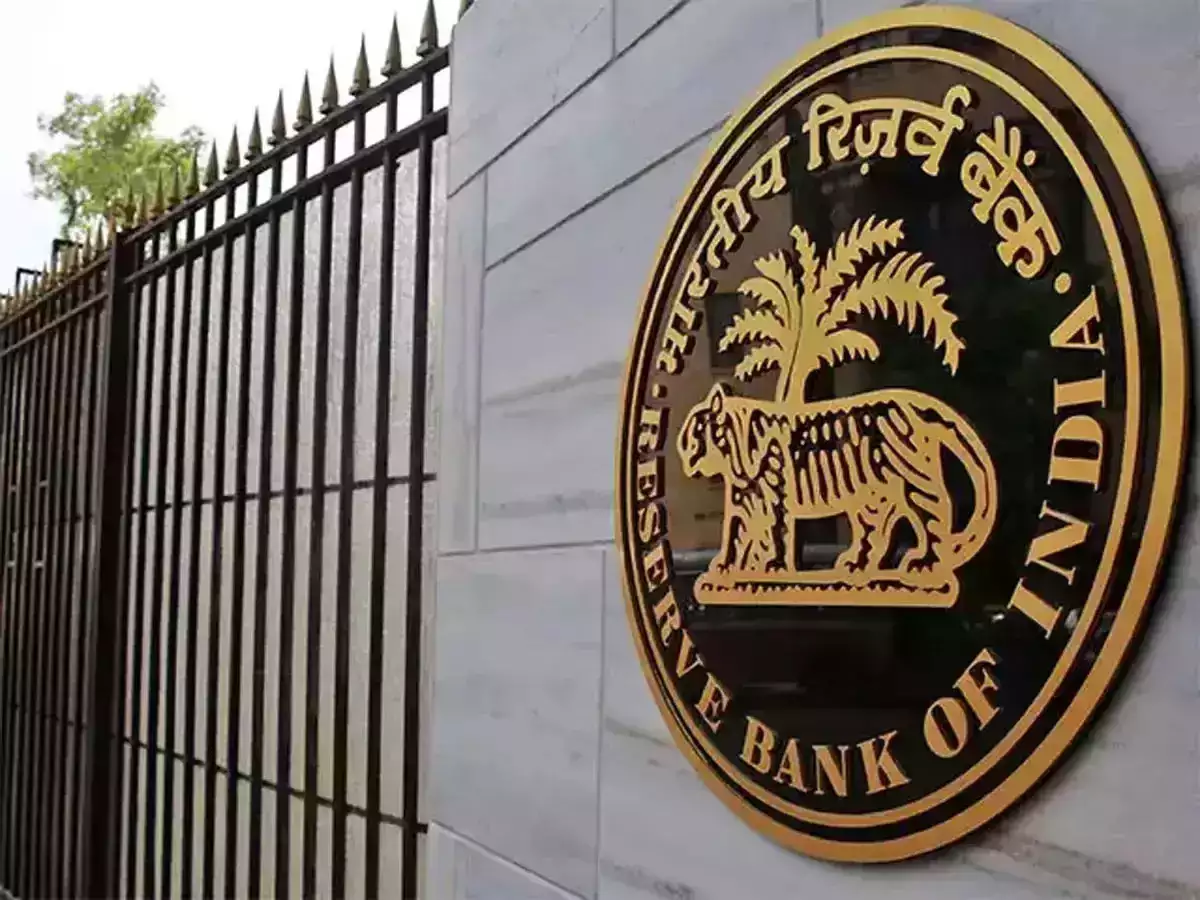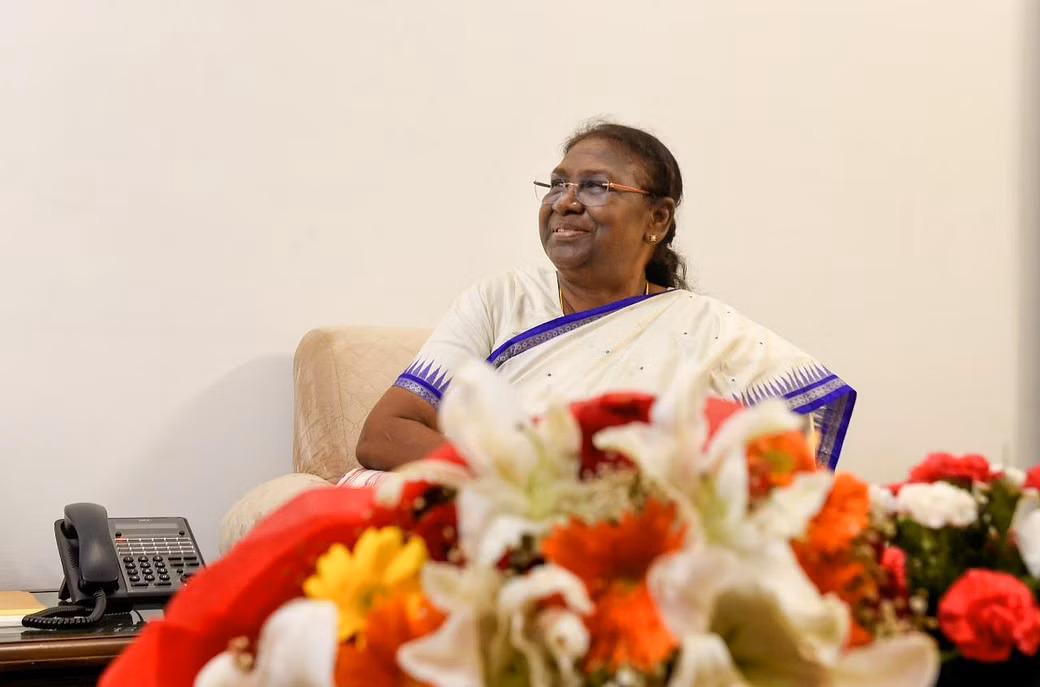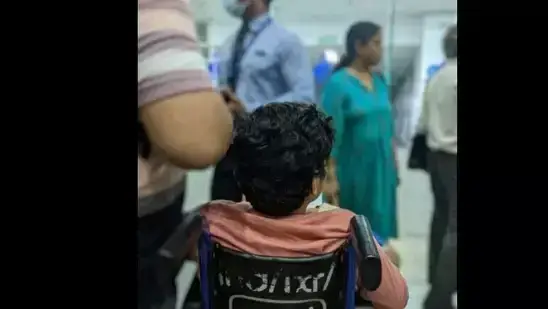The Reserve Bank of India (RBI) approved a rupee-denominated settlement mechanism for international trade on Monday.
What is it exactly?
It is for international trade, and the mechanism will aid in the settlement of such trade in rupees. Previously, international trade had to be settled in fully convertible currencies such as US dollars, Euros, and Yen under the RBI’s exchange control regulations. With the latest notification, trade can now be billed and settled in Indian rupees.
But, why now?
The RBI stated that this is being done to promote Indian exports and to increase trade in the Indian rupee. According to experts, the trade-settlement mechanism is intended to facilitate further trade with Russia, which has been cut off from its dollar reserves in the United States, the United Kingdom, and the European Union.

Another reason:
India’s forex reserves are healthy at $588.3 billion, enough to cover nearly ten months of imports, but the central bank has been generously spending from them to support the falling rupee, which it does by selling dollars. This, at a time when India is experiencing massive outflows of foreign portfolio investments (FPIs) and record trade deficits, was more than 2.5x what it was in June 2021, at $9.6 billion. Sensing which way the wind is blowing, the central bank recently announced a few measures aimed at preserving and even increasing the forex reserves.
It permitted banks to raise interest rates on non-resident Indians’ foreign-currency holding accounts.
With the latest rupee-settlement mechanism, if an exporting country is willing to accept rupee payments, the pressure on India’s forex reserves will be reduced.
How will the mechanism function?
According to Director General and CEO of the Federation of Indian Export Organizations (FIEO), Ajay Sahai, another country must first express interest in establishing this mechanism, after which its central bank and the RBI will create a common pool of money with equal contributions.
The central banks will authorize certain local banks to operate this trade-settlement mechanism; the RBI’s note refers to such banks as “Authorized Dealer banks” on the Indian side. The local bank in the other country will hold the money of the other central bank in rupees.
The ‘Rupee Vostro Accounts’ mentioned in the RBI note come into play here.
Because ‘Rupee Vostro Accounts’ keep the foreign entity’s holdings in Indian banks in Indian rupees, the term ‘Vostro’ simply means “Your money in our country.”
When an Indian trader exports, he or she should contact his or her regular bank, who will forward the invoice to the Indian AD bank. The Indian AD bank will debit the Rupee Vostro account and credit it to the exporter’s regular bank, which will credit it to the exporter’s bank account. When an Indian trader imports, the payment is transferred to his or her regular account, which is then transferred to the AD bank. The AD bank will credit the Rupee Vostro account, and the exporter from the other country will be paid in the local currency through the authorized bank there.
As long as the mechanism is in place, the central pool of money will be debited, and at regular intervals, the country with the better balance of payments will decide what to do with what is left in the pool. “The deciding country may wish to invest this money in the other country, or it may wish to have the balance remitted to them in whatever currency and at whatever exchange rate the two countries decide,” Sahai explained.
The process begins when a bank from another country approaches the AD bank of India and says something along the lines of “we’d like to set up a vostro account for the rupee-settled trade.” The request will then be forwarded to the RBI’s Foreign Exchange Department at the Central Office in Mumbai by the Indian bank. The Indian bank must ensure that the partner bank does not come from a “high risk and non-cooperative jurisdiction.” Banks need only consult the Financial Action Task Force (FATF) list, which identifies jurisdictions with “weak measures to combat money laundering and terrorist financing.”
Some add-on benefits
1. Advance payments in rupees can be made to an exporter.
2. If an exporter also imports from an overseas partner, the receivable can be’set-off,’ or subtracted from the import payable. The remainder would be paid to the exporter.
3. Bank guarantees can be used to support these trade transactions.














